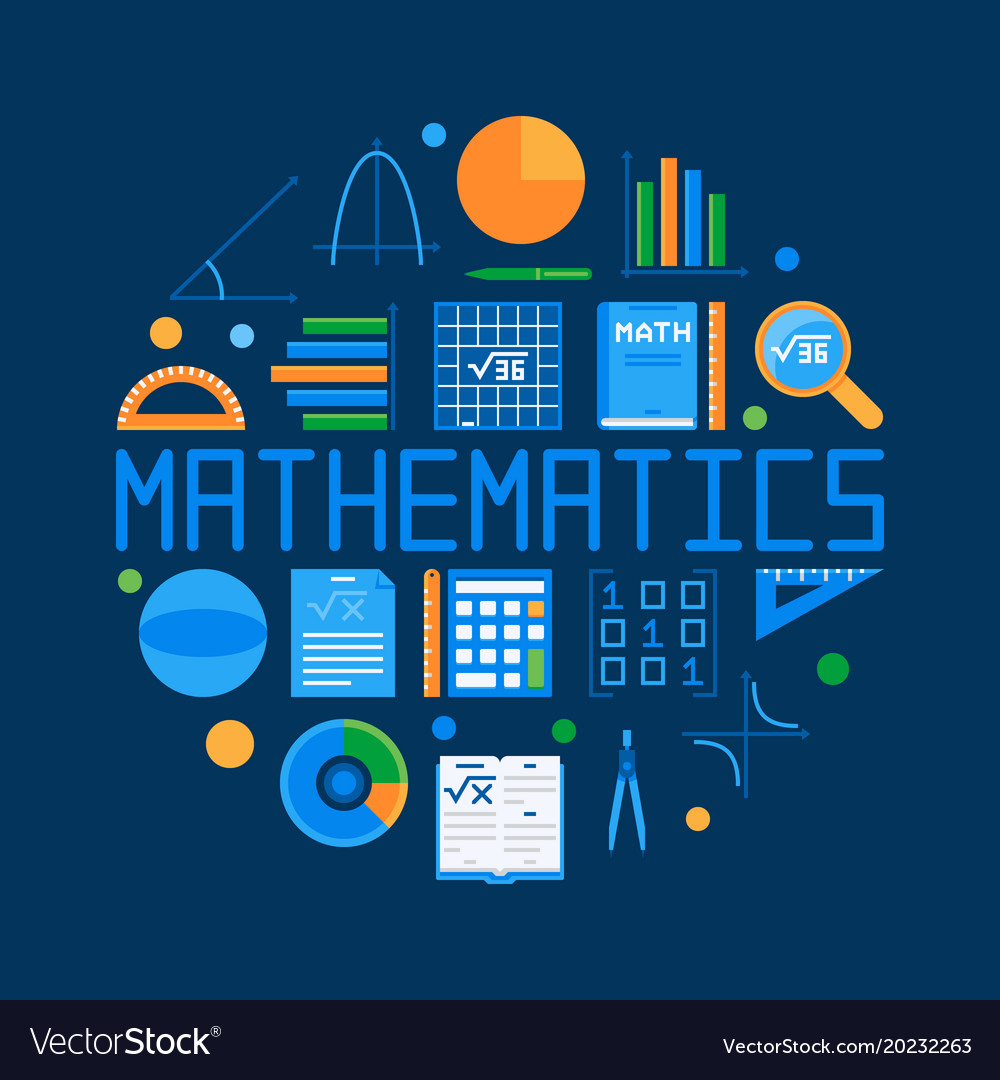Maths Curriculum
Mathematics (Herne Junior School)
Intent:
At Herne Junior school we aim to provide an engaging learning environment whereby pupils are motivated to apply their mathematics across the breadth of the subject and beyond:
- By demonstrating fluency in the fundamentals of mathematics, through varied and frequent practice with increasingly complex problems over time. This will help to develop independence and enjoyment within this subject
- Through solving problems with increasing sophistication, whilst building resilience when seeking solutions, and also allowing pupils the opportunities to collaborate to develop their use of mathematical language and reasoning skills.
Through the fostering of pupils’ curiosity, we aim to develop a lifelong love of learning both within mathematics and though other subjects.
Implementation:
To learn mathematics effectively, some concepts have to be learned before others, e.g. place value needs to be understood before working with addition and subtraction, addition needs to be learnt before looking at multiplication (as a model of repeated addition). You will see this emphasis on number skills first, carefully ordered, throughout our primary curriculum. For some other topics, the order isn’t as crucial, e.g. Shapes and Statistics need to come after number, but don’t depend on each other. We try to mix these so pupils have as wide a variety of mathematical experiences as possible in each term and year. To enable this, we use the White Rose Maths program of study to inform our long-term planning, but use a variety of other resources to facilitate the learning of skills too, such as Power Maths and Target Maths. These resources support us in our ‘concrete, pictorial, abstract’ approach to concepts whilst at the same time ensuring pupils are fluent in the fundamentals. In order to imbed skills and develop fluency, we provide opportunities to recall fundamental arithmetic and revisit mathematical vocabulary through our daily Mini Maths session. Regular arithmetic tests allow teachers to identify gaps and teach to fill these. There is also strong emphasis on learning times tables and related division facts, particularly in lower school. We expect all pupils to be proficient in all four operations by the end of Year 5 in order that they have the time to focus on more complex skills. This is achieved with regular practice and testing, at home and at school, using times tables booklets and Times Tables Rock Stars.
Fluency in the curriculum goes hand in hand with reasoning and problem solving. A variety of resources facilitate this learning; alongside the White Rose Scheme, teachers use Deepening Understanding, I See Reasoning, Third Space Learning and Power Maths, among others, in order to provide a broad range of problems. Reasoning questions are woven into the teaching and tasks throughout the units so that pupils develop their reasoning skills whilst deepening their understanding of concepts as we believe the ability to reason is a life-long learning skill.
The expectation is that the majority of pupils will move through the programmes of study at broadly the same pace. However, decisions about when to progress should be based on the security of pupils’ understanding and their readiness to progress to the next stage. Pupils who grasp concepts rapidly should be challenged through being offered rich and sophisticated problems before any acceleration through new content. Those who are not sufficiently fluent with earlier material should consolidate their understanding, including through additional practice, before moving on. The Doodle Maths intervention is something that has proven to be particularly successful. We offer specific opportunities to very able pupils in Maths, such as the chance to attempt local inter-school Maths challenges and the National competition, The Primary Maths Challenge.
Whole school Maths events, such as the NSPCC Number Day, allow children to experiment with and talk about mathematical ideas and share their enjoyment of Maths in a collaborative way.
Impact:
By the end of Key Stage 2 we aim for pupils to be fluent in the fundamentals of mathematics, with a conceptual understanding and the ability to recall and apply knowledge rapidly and accurately. They will be able to independently solve a range of problems, including those in unfamiliar contexts and in real-life scenarios. Children will be able to reason mathematically in order to justify and explain their strategies and approaches.
“Mathematics is a creative and highly inter-connected discipline that has been developed over centuries, providing the solution to some of history’s most intriguing problems. It is essential to everyday life, critical to science, technology and engineering, and necessary for financial literacy and most forms of employment. A high-quality mathematics education therefore provides a foundation for understanding the world, the ability to reason mathematically, an appreciation of the beauty and power of mathematics, and a sense of enjoyment and curiosity about the subject.”
Purpose of Study, Mathematics National Curriculum, 2014
“If we really want to empower our students for life after school, we need to prepare them to be able to use, understand, control, modify, and make decisions about a class of technology that does not yet exist. That means we have to help them develop genuinely mathematical ways of thinking.”
(Cuoco, Goldenberg & Mark, 1996).








